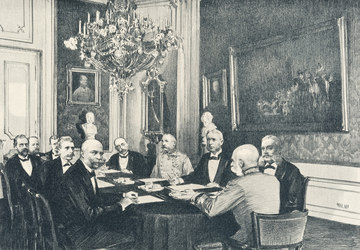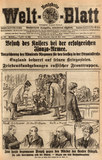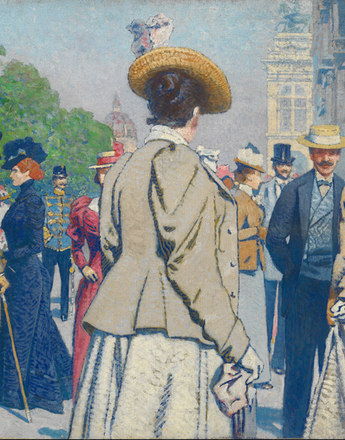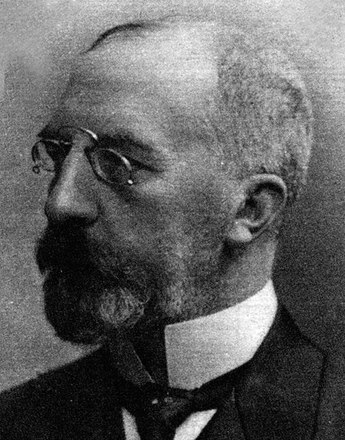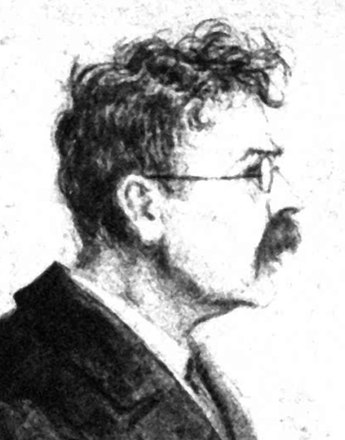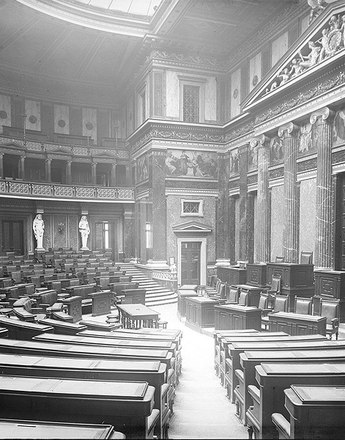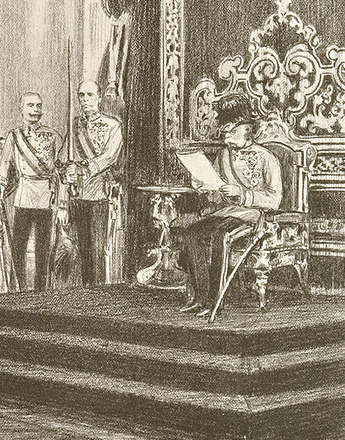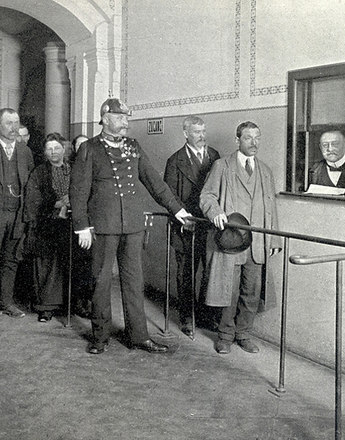‘The divine duty imposed on rulers is to lead their peoples, and if these peoples – as in our monarchy – are not mature enough to act reasonably, they must be compelled to do so. Imposition and force are justified even if they restrict the rights of the people.’
Quoted in Jean-Paul Bled, Franz Ferdinand. Der eigensinnige Thronfolger (Vienna, 2013), p. 219, original quotation in Robert A. Kann, Erzherzog Franz Ferdinand Studien, (Munich, 1976), p. 186
‘I know what I have done; I did not act anti-patriotically.’
Hanisch, Ernst: Der lange Schatten des Staates. Österreichische Gesellschaftsgeschichte im 20. Jahrhundert [Österreichische Geschichte 1890–1990, hrsg. von Herwig Wolfram], Wien 2005
Rumpler, Helmut: Eine Chance für Mitteleuropa. Bürgerliche Emanzipation und Staatsverfall in der Habsburgermonarchie [Österreichische Geschichte 1804–1914, hrsg. von Herwig Wolfram], Wien 2005
Wandruszka, Adam (Hrsg.): Die Habsburgermonarchie 1848–1918, Band VII: Verfassung und Parlamentarismus. Teil 1: Verfassungsrecht, Verfassungswirklichkeit und zentrale Repräsentativkörperschaften, Wien 2000
Zitat:
„zur Teilnahme an dem Rechte des Kaisers ...“, zitiert nach: Hanisch, Ernst: Der lange Schatten des Staates. Österreichische Gesellschaftsgeschichte im 20. Jahrhundert [Österreichische Geschichte 1890–1990, hrsg. von Herwig Wolfram], Wien 2005, 230
-
Kapitel
- ‘God preserve Him, God protect Him’ – The Emperor
- The Army: Austria-Hungary in its entirety
- The bureaucracy as the long arm of the state
- The Dual Monarchy: two states in a single empire
- ‘Indivisible and inseparable’ – the supranational state
- The Habsburg Monarchy in the process of democratization
- The absence of political culture
- A strong monarch and autocratic tendencies

